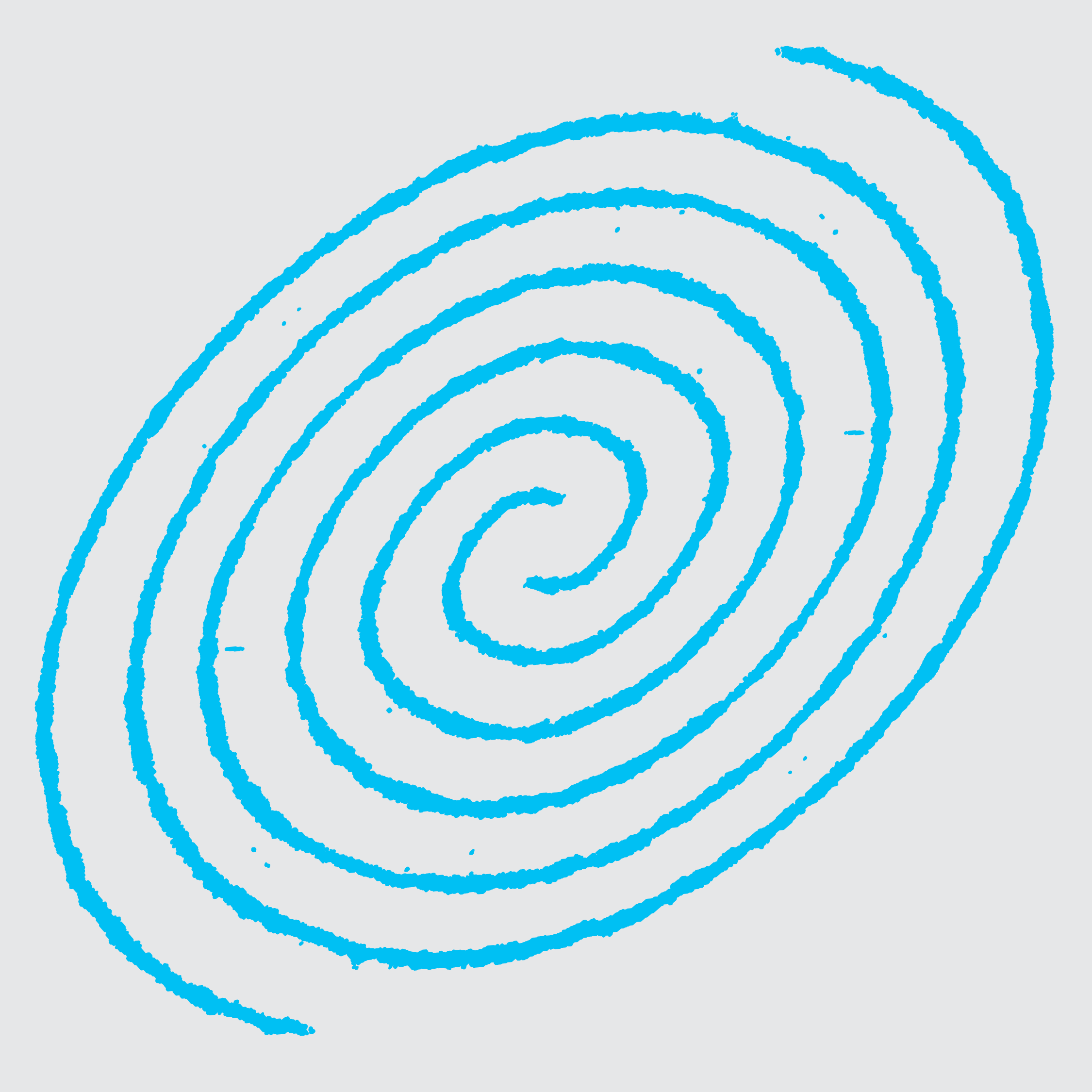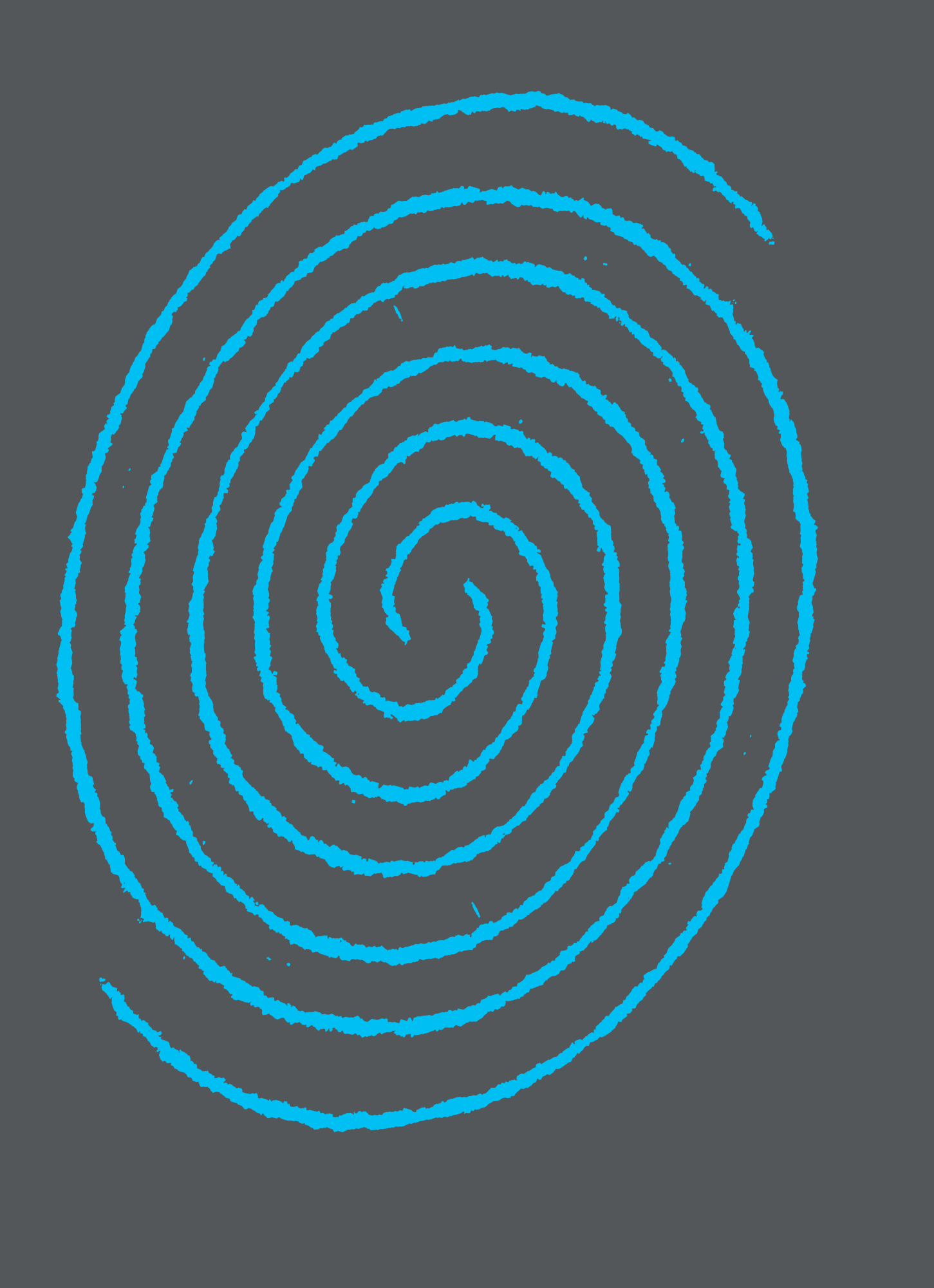On Water, Flow and Warped Time
Agnieszka Brzeżańska, Ewa Ciepielewska, HUNITI GOLDOX
Group exhibition
16 June – 6 October 2024
Vleeshal (Map)
Curators: Roeliena Aukema, Nomaduma Rosa Masilela, Thiago de Paula Souza, Adriënne van der Werf

“Time flows differently on the water”
— Agnieszka Brzeżańska in an interview with Karol Radziszewski
On Water, Flow and Warped Time was a group exhibition featuring works by Agnieszka Brzeżańska, Ewa Ciepielewska and HUNITI GOLDOX. The exhibition presented works that, as the title suggests, are related to water and time.
In our western society, time is seen as a linear process revolving around growth and progress. More than ever, humanity is focused on productivity and time management. But are there other ways of experiencing time? Can we move through the world differently? The artists in On Water, Flow and Warped Time explore the phenomenon of 'time' from different contexts and perspectives, focusing on water(ways) as entities from which we can learn to live together collectively; a counter-narrative to capitalist notions, contemporary productivity and colonial structures.
The entrance to On Water, Flow and Warped Time was located behind the former city hall of Middelburg. This means that you walked around the Vleeshal and under the façade stone of a VOC ship. This walk enhanced the experience of time. Outside, in the courtyard of Vleeshal, you could find a work by Ciepielewska: a replica of the boat that she and Agnieszka Brzeżańska use for the artist-in-residence FLOW / PRZEPŁYW.
The artist duo HUNITI GOLDOX (Areej Huniti and Eliza Goldox) presented the installation Measuring Time Through the Fall of Water. The sound you heard echoing through the exhibition space is that of a water clock. A water clock is an ancient system in which time is measured by the dripping of water. In this way, the artist duo critically reflects on how humans maintain territorial demarcations such as time zones, dams, or borders.
In their collaborative practice, HUNITI GOLDOX explore speculative and indigenous forms of knowledge production, to which the aluminum reliefs in the exhibition refer. These reliefs are fossil imprints of the bottoms of various rivers, showing the scars of the earth, and will serve as witnesses of human intervention in the future.
Ewa Ciepielewska's work in the exhibition consisted of stories written during her journeys on the rivers and sounds recorded along the riverbeds. In the ‘sweat lodge’, built of willow from Zeeland, you could listen to meditative sounds. In the large hammock - a fishing net that hangs in the exhibition space - you could read a logbook of text and drawings from a boat trip from Krakow in Poland to Orléans in France. These works reflected how we can potentially slow down in a fast-paced society by creating space for storytelling and introspection.
Agnieszka Brzeżańska's ceramics may remind you of mystical, god-like creatures that carry the knowledge of the ancestors. These ‘ancestors’ represent how our contemporary bodies respond to cultural perspectives, questioning what is nature and what is culture. Where does one end and the other begin?
We invited visitors to wander through the space, to isolate themselves or meet others, to listen to stories, or lose themselves in the slow, meditative movements of a water clock.
In 2022, Nomaduma Rosa Masilela and Thiago de Paula Souza, curators of Vleeshal's International Nomadic Program 2022-2023, invited the artist collective HUNITI GOLDOX to participate in the artist-in-residence FLOW / PRZEPŁYW. Artists Agnieszka Brzeżańska and Ewa Ciepielewska have been sailing down the Polish river Wisła with FLOW / PRZEPŁYW for the past 10 years, crossing the country while living on the riverbank. For this artist-in-residence, Brzeżańska and Ciepielewska invite other artists to join them on rivers in Poland or elsewhere in Europe. HUNITI GOLDOX joined them on the Wisła River. During this journey, the four artists lived together on the boat while exploring what it means to be at the mercy of a river's flow as an artist and as a human being.
The exhibition concept was developed by Nomaduma Rosa Masilela and Thiago de Paula Souza, curators of Vleeshal's International Nomadic Program 2022-2023 and handed over to Vleeshal’s team members Roeliena Aukema and Adriënne van der Werf, who took on the role of curators for this exhibition.
Commission
This project was made possible by the generous support of the Dutch Ministry of Education, Culture and Science the Mondriaan Fund and the municipality of Middelburg.



